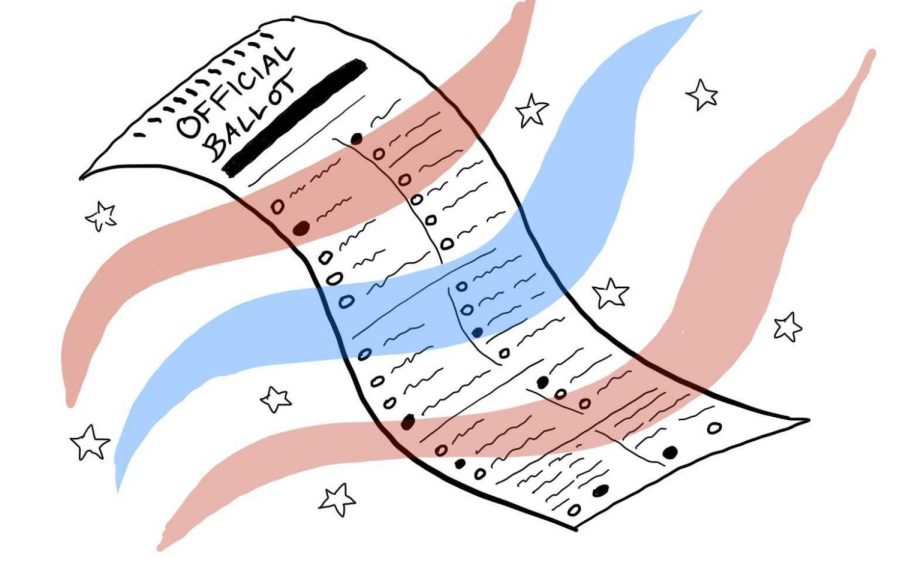Nov. 8 marked Election Day for the Golden State, which saw its usual blue wave as Gavin Newsom was reelected as governor of California for the third time in a row.
In addition, Alex Padilla kept his place in the U.S. Senate. Voter turnout in San Diego was 45.9%, compared to 33.5% in the state of California. Padilla won the vote by 59.8%.
Ballot measures accepted in California include Proposition 1, which adds the right to abortion and contraceptives to the California Constitution, and Proposition 31, which upholds the state law banning the sale of flavored tobacco.
Ballot measures rejected in California include Propositions 26 and 27, which would have allowed for Native American tribes to offer sports betting on tribal lands and online sports betting to be legalized on platforms that have agreements with Native American tribes.
The passing of Proposition 1 may not come as a surprise to most students, but many see this as a necessary addition in a time when such rights may not be a certainty.
Sarah Holovina, a senior advertising major and self-proclaimed feminist, shares her optimism on the measure and how it as an important first step for other states to follow.
“I had a feeling it would pass since I think most people in major California cities can agree on this one thing,” Holovina said. “In all honesty, it is kind of sad that a right to something like this is so endangered that a state has to publicly announce that women who live here are at least a little safe.”
Proposition 31 upholds the ban on selling flavored tobacco and was met with support from students.
Shane Henton, a senior business major and a member of the Delta Upsilon fraternity, shares his understanding of why the bill passed and how he believes younger people could be protected by it.
“I don’t think it will do any harm,” Henton said. “… It makes sense why flavored tobacco would be a bad thing, especially for younger people.”
Propositions 26 and 27 have notoriously put out many ads in the media, either encouraging voters to push it forward, or warning voters of its dangers. Both measures would have mostly affected Native American tribes, and those interested in sports betting.
Avellaka Majel, a junior American Indian Studies major and a student member of the Native American Student Organization at SDSU, shared how harmful the bill would have been if it passed.
“I do think it’s a good thing that it didn’t pass, since I have heard that a lot of tribes would find this detrimental for our community,” Majel said.







